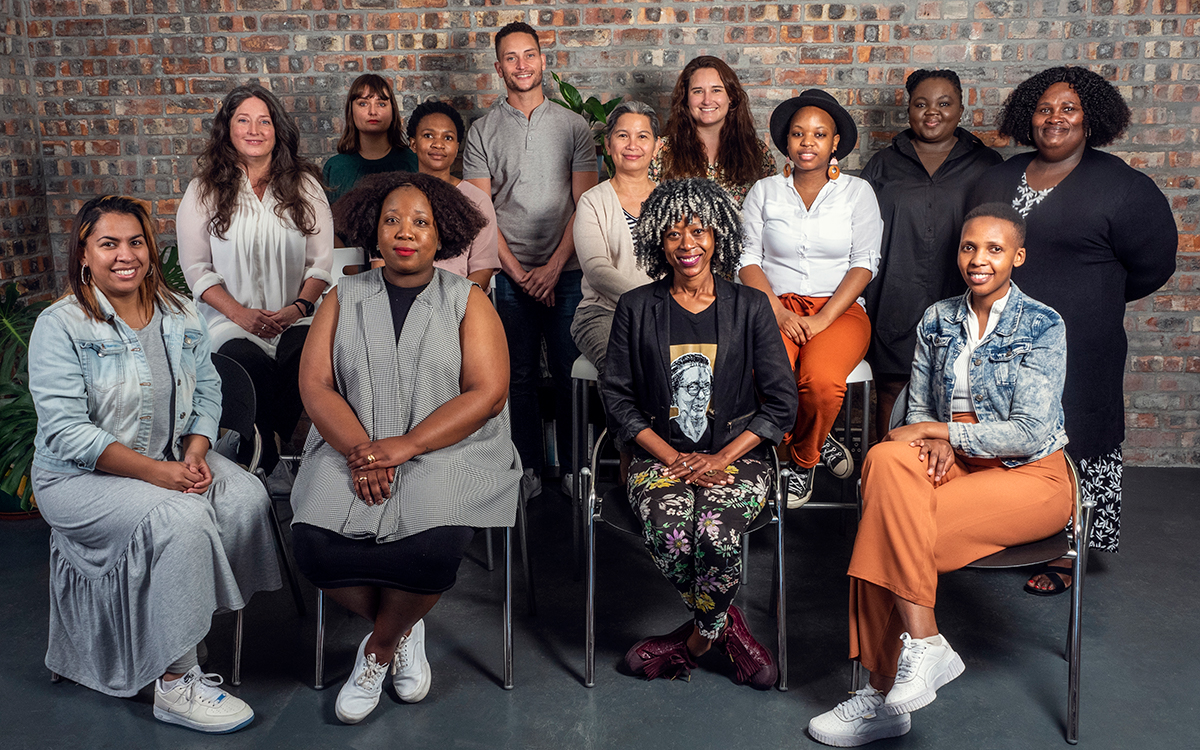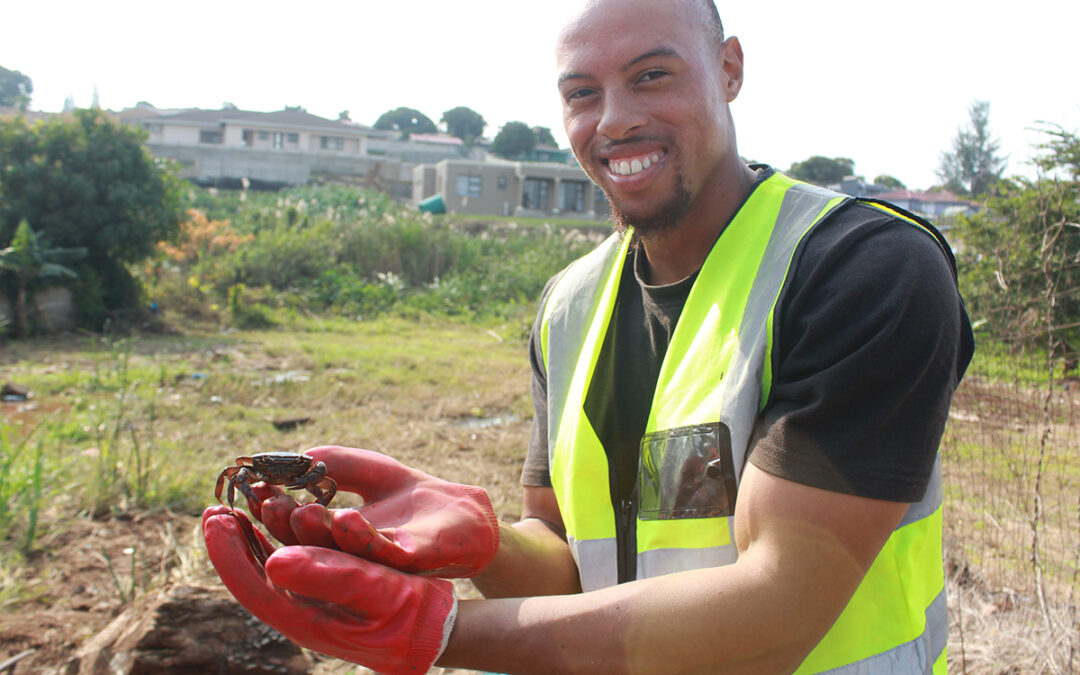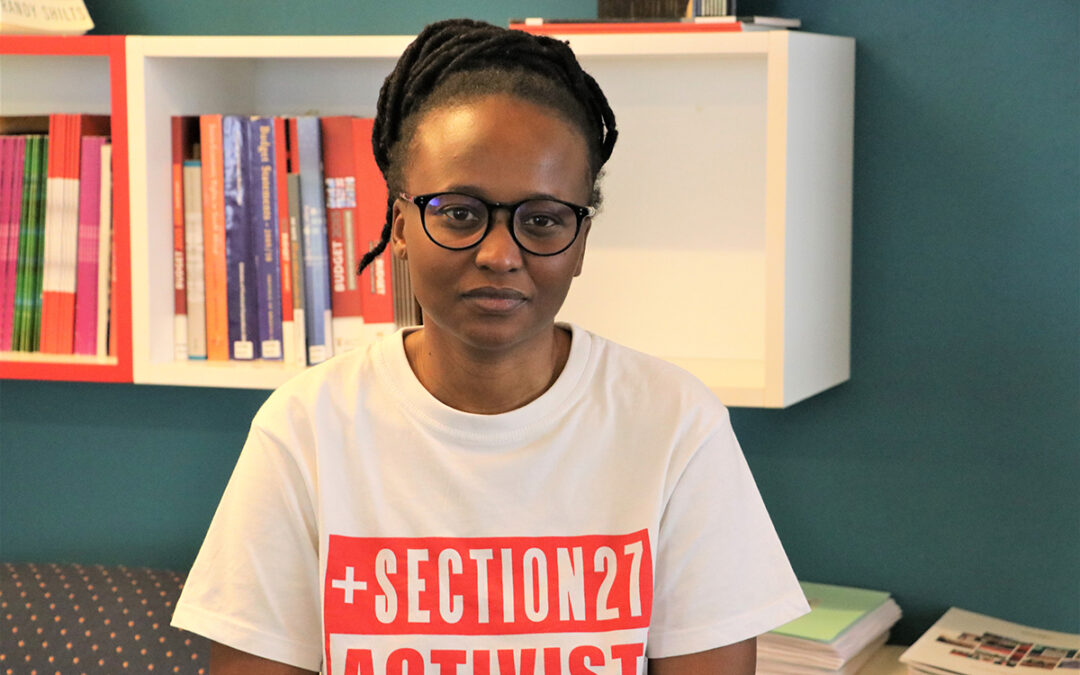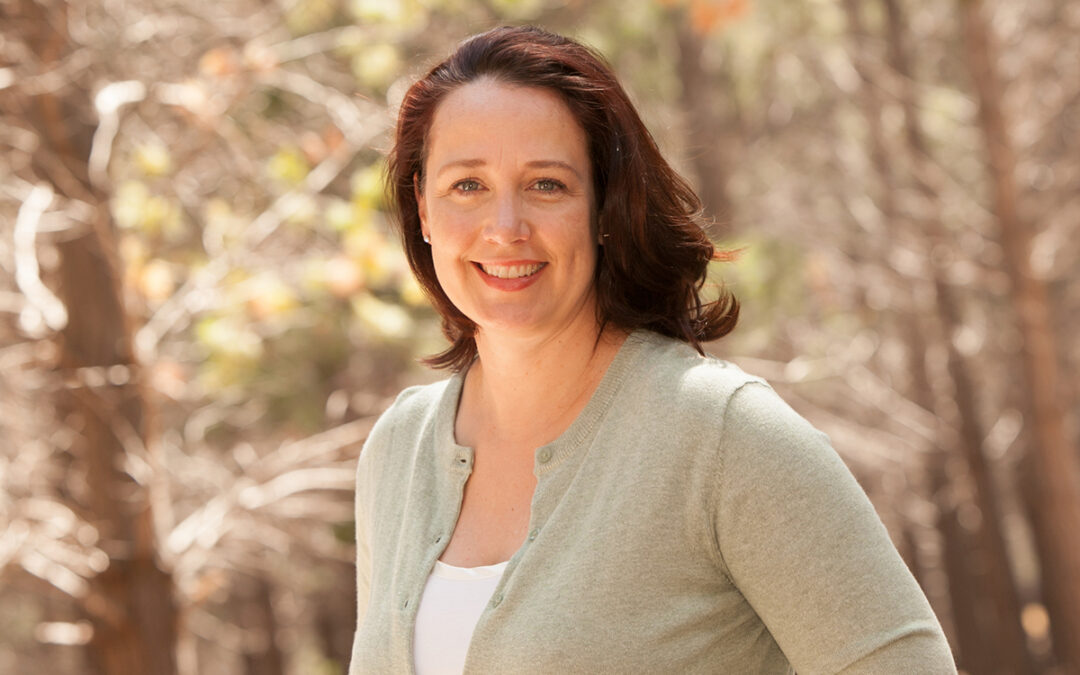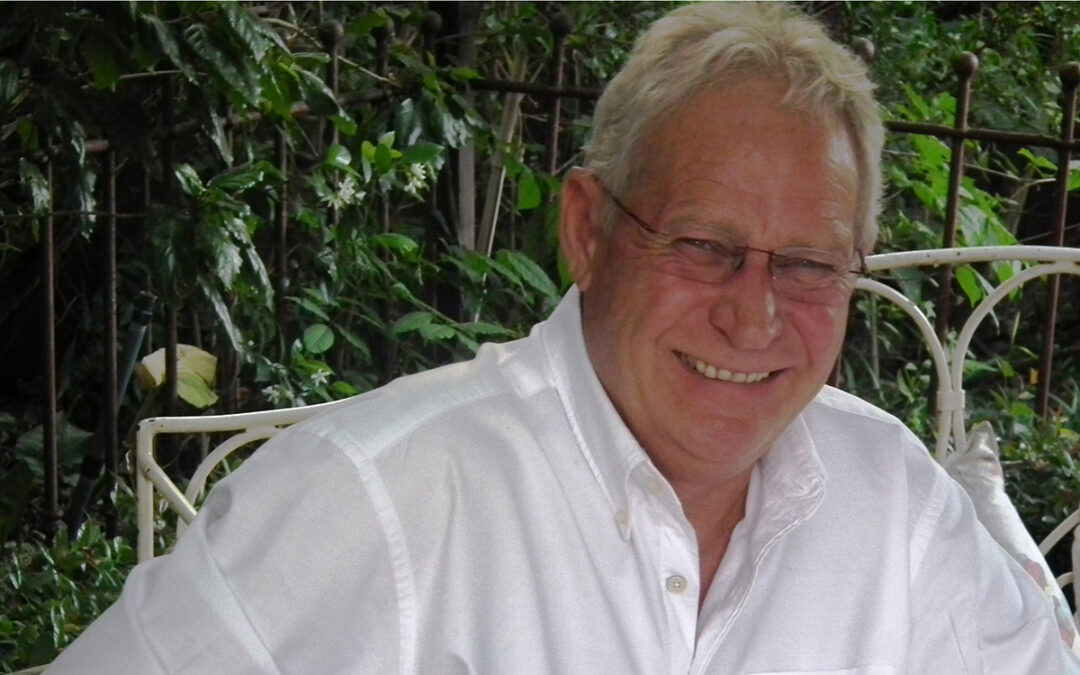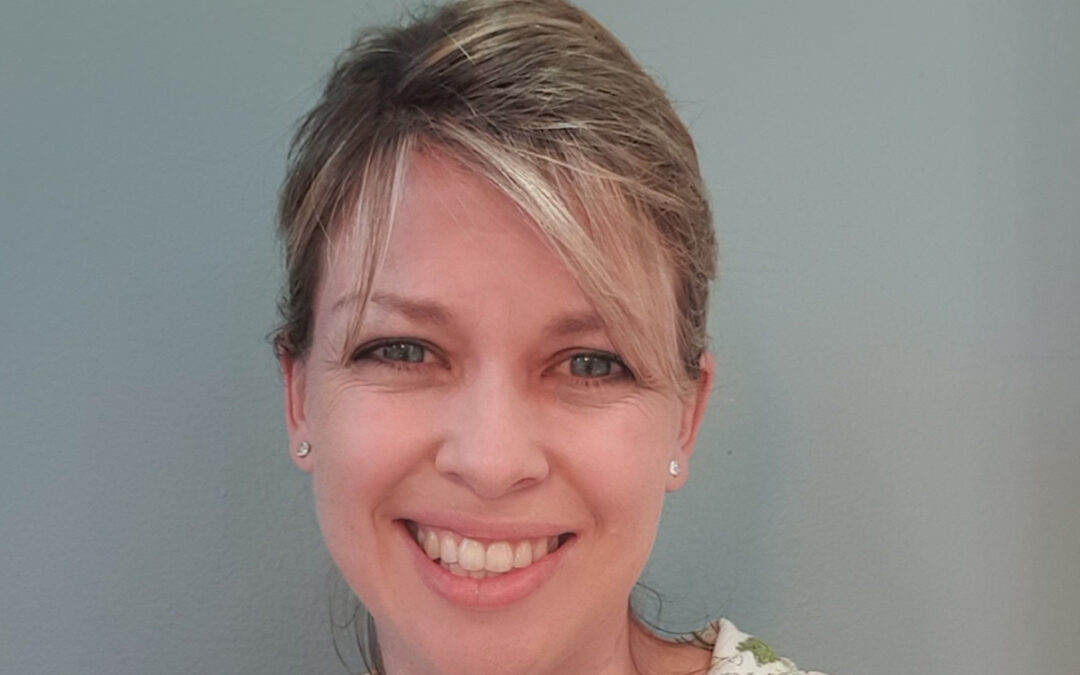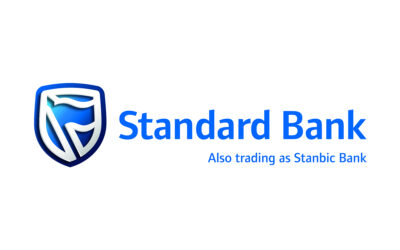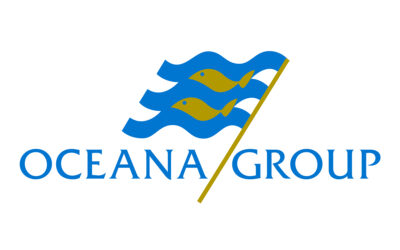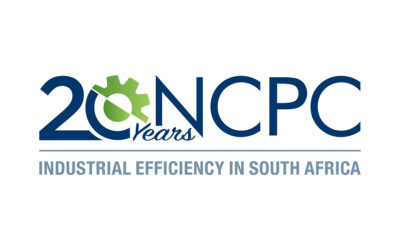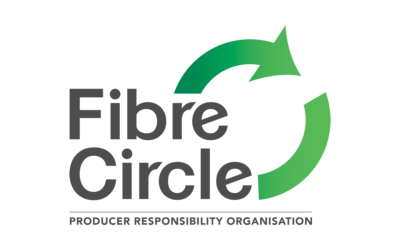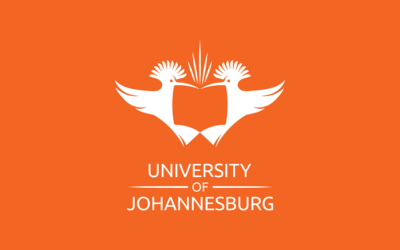Established in 2009 by a collective of eight nonprofit civil society organisations, the Centre for Environmental Rights (CER) is a nonprofit organisation that helps communities and civil society organisations advocate and litigate for environmental justice. The aim of the CER is to defend people’s right to an environment that isn’t detrimental to their health and the health of future generations.
According to section 24 of the Constitution, everyone has the right to an environment that isn’t harmful to their health or wellbeing. Protecting environmental rights means ensuring that considerations of profit and personal gain do not lead to the flouting and noncompliance of environmental protection laws.
In a country that frequently under-invests in enforcement, it is often up to communities and civil society organisations to hold businesses and industries with the power to do major environmental damage accountable. Providing legal assistance in these situations is the CER’s mandate.
Notable CER successes include preventing a coal mine from being built in a protected area in Mpumalanga, overturning a state decision to not disclose greenhouse gas emissions data submitted by corporations, and winning an appeal against a Strategic Litigation Against Public Participation defamation suit brought by a mining company against CER attorneys and associated activists.
The CER has also trained more than 60 community environmental justice activists over the past four years at their Environmental Rights and Remedies School, and it runs an ongoing campaign encouraging divestment from fossil fuels by finance institutions. The power to hold government and corporations accountable depends on an active civil society, and if we are to protect our environment, we must never stop mobilising for climate justice.
Civil society has both the right and the power to use environmental laws to hold government and corporations to their legal obligations.
